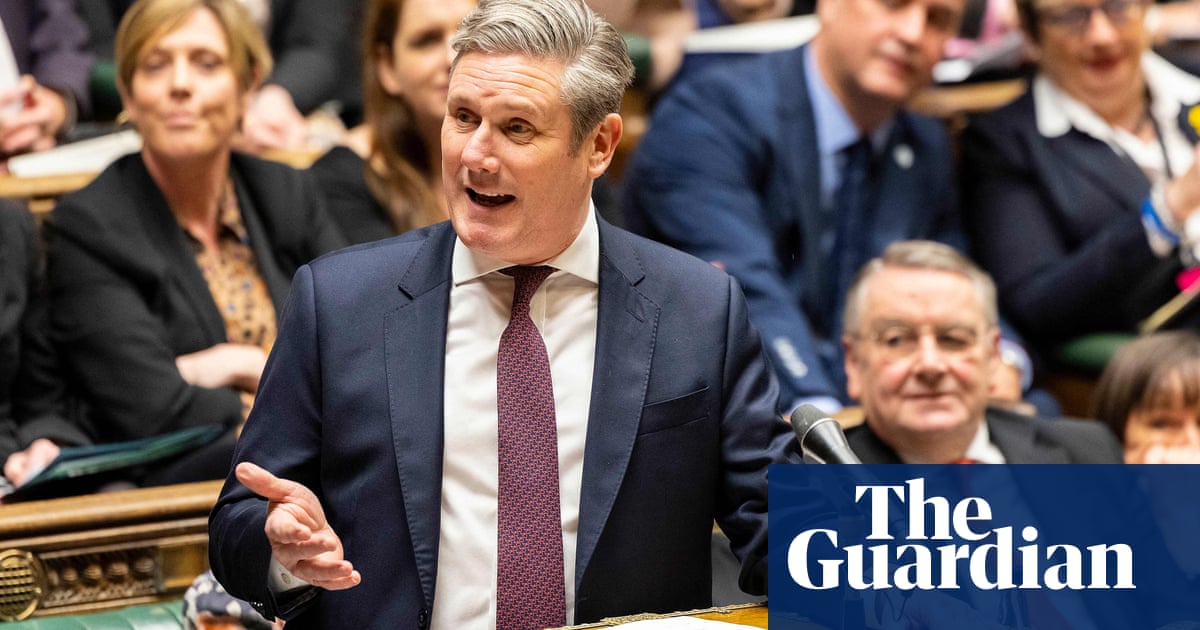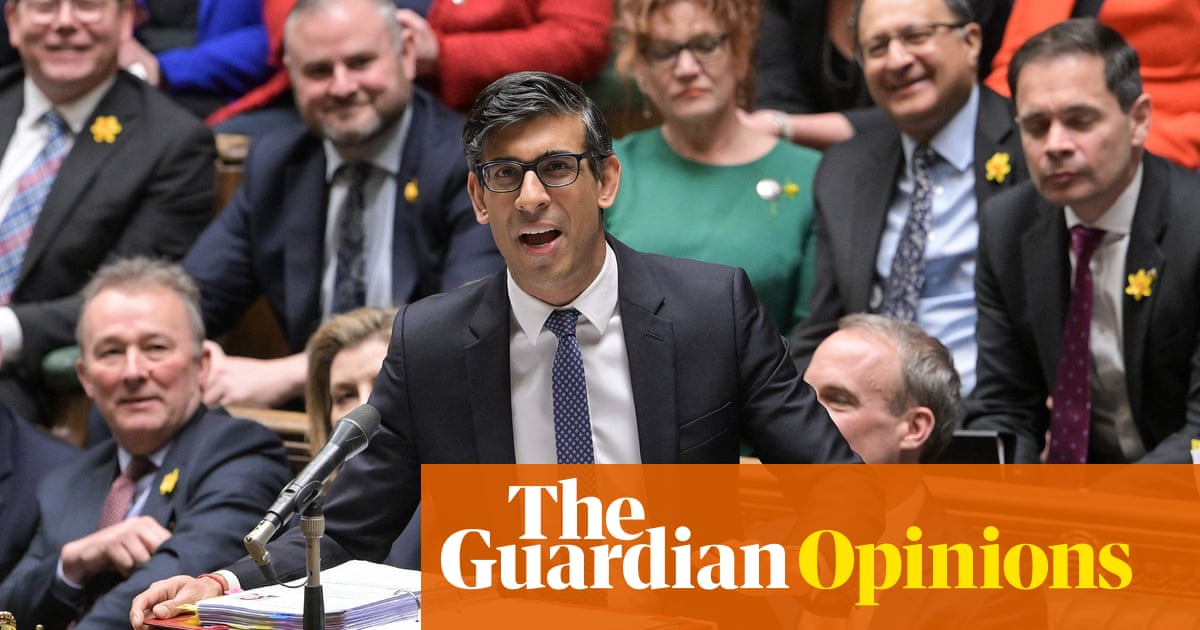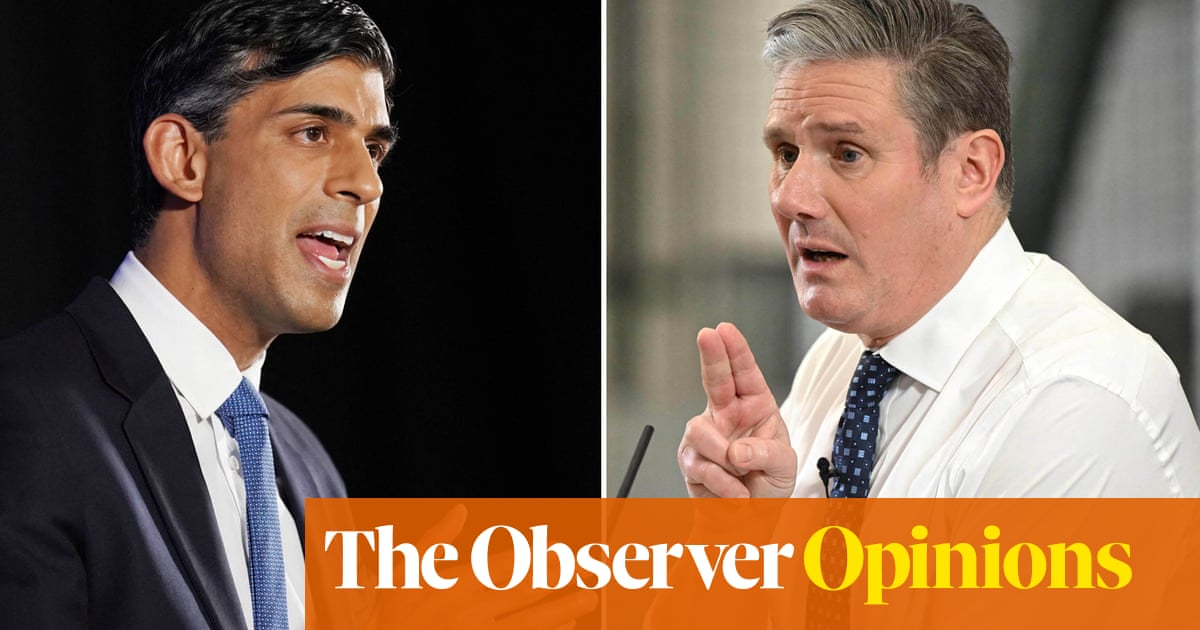
Keir Starmer has promised a new era of closer relations with Europe to ensure future generations can look back “on what our continent achieved together” before a key meeting of European leaders this week.
Starmer said Europe as a whole faced security crises and linked problems over migration, and that Britain should be at the heart of the continent’s efforts to confront them.
In his most positive comments about the UK and Europe since he campaigned against Brexit and for a second referendum, the prime minister said that Europe was “at the forefront of some of the greatest challenges of our time”.
Speaking before a meeting at Blenheim Palace on Thursday of the European Political Community, he said: “Russia’s barbaric war continues to reverberate across our continent, while vile smuggling gangs traffic innocent people on perilous journeys that too often end in tragedy.
“We cannot be spectators in this chapter of history. We must do more and go further, not just for the courageous Ukrainians on the frontlines, or those being trafficked from country to country, but so our future generations look back with pride at what our continent achieved together.
“I said I would change the way the UK engages with our European partners, working collaboratively to drive forward progress on these generational challenges,and that work starts at the European Political Community meeting on Thursday.”
Starmer has repeatedly ruled out rejoining the EU, its single market or customs union. As opposition leader, he was reluctant to express his pro-Europeanism for fear of being accused of wanting to reverse Brexit.
But now, after his emphatic election win, UK and European diplomats are detecting a shift in tone. The first step is likely to see the UK and EU move towards a new security pact to deal better with issues such as Ukraine.
There is also speculation that there could be agreements on a new youth mobility scheme and possibly, further down the line, mutual recognition of some professional qualifications.
Downing Street said the prime minister was clear: “The United Kingdom is always stronger when working in close collaboration with others.”
A statement said: “The UK government will use the summit to discuss closer collaboration to tackle illegal immigration and greater security cooperation with European counterparts to keep Britain safe.”
Before the summit, the prime minister will host the Irish taoiseach, Simon Harris, for his first official visit since entering Downing Street. The prime minister will also hold a bilateral dinner with the French president, Emmanuel Macron, in Blenheim Palace, the birthplace of Winston Churchill, after the summit. The EPC was set up by Macron in 2022 to tackle issues that could best be addressed outside the formal EU structures.
The EPC meeting comes after a stepping up of Russian aggression in Ukraine. Starmer has been clear that the UK’s support for Ukraine is guaranteed and that he will use the meeting as a platform to push for continued international military and financial backing.
Starmer said in Washington last week that he had discussed a “formal mechanism” for UK-EU security cooperation during bilateral meetings at the Nato summit, and that a plan to repair post-Brexit damage had been well received by allies.
President Joe Biden told Starmer: “I kind of see you guys as the knot tying the transatlantic alliance together, the closer you are with Europe.”
Starmer said at the close of the summit: “There was a sense after Brexit that the UK has become too inward looking, was not as interested as it once was in its place on the global stage. The UK is confident, is back.”
Peter Ricketts, a former British ambassador to France, said: “Sunak has gifted Starmer the perfect platform to consolidate his position as a leading figure on European security, with Biden, Macron and Scholz all in deep electoral trouble. In my experience, the parliamentary training makes UK politicians effective at chairing and brokering solutions at big meetings, and the FCDO will have prepared the ground well.So this is a real opportunity to show that Britain is back at the centre of diplomacy.”











